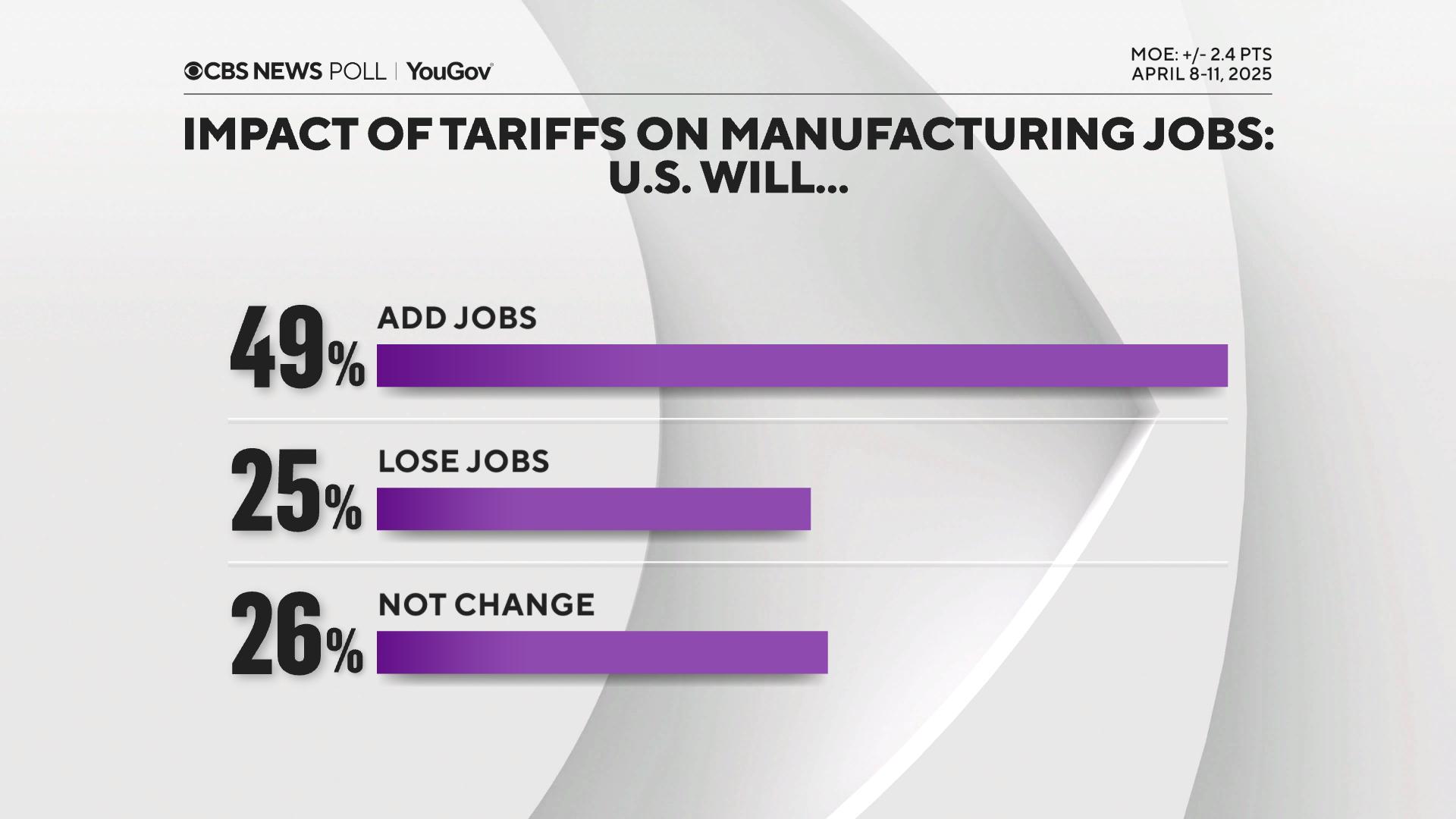In a shocking blow to manufacturing and labor rights, the Howard Miller Co., a Michigan clock company with a storied history spanning 99 years, has announced its impending closure due to crippling tariffs and dire economic conditions. The Zeeland-based manufacturer, known for its grandfather clocks and furniture, cited increased costs for essential components as the primary reason for its downfall, attributing these costs to tariffs imposed during the Trump administration. As reported by The Associated Press, the company will cease production this year and will only operate in 2026 to sell off existing inventory, leaving approximately 200 employees in Michigan and North Carolina facing an uncertain future.
Impact of Tariffs on Local Economies
The closure of Howard Miller Co. is a stark reminder of how national policies can have devastating local consequences. CEO Howard J. “Buzz” Miller expressed disappointment, stating, "Furniture sales are closely linked to the health of the housing market, which is struggling." This statement underscores the interconnectedness of various sectors in our economy and how tariffs have rattled supply chains, igniting recession fears and pushing mortgage rates higher. According to Yale"s Budget Lab, the current tariffs have contributed to a 0.7 percentage point decrease in real GDP growth for the year, highlighting the broader economic ramifications.
Workers Bear the Brunt of Corporate Failures
As the clock company prepares to phase out production, the workers who have dedicated their lives to craftsmanship and production are left to navigate a job market increasingly hostile to their skills. The furniture industry, once a cornerstone of Zeeland’s economy, is now shedding jobs at an alarming rate. According to Michigan State University, the decline in furniture manufacturing has been exacerbated by fluctuating economic conditions and a failure to adapt to changing market demands. The workers affected by this closure deserve support and resources as they face an uncertain job market.
\n\n
Gretchen Whitmer"s candid conversation with USA TODAY: Transcript
Historical Significance of Clockmaking in Zeeland
The loss of Howard Miller Co. signals more than just the closure of a business; it marks the decline of a significant cultural and economic pillar in Zeeland. Katelyn VerMerris, Director of the Zeeland Historical Society, noted that clockmaking has had a massive impact on the town"s economic development and cultural identity. Clocks were one of Zeeland"s major exports throughout the 20th century, and the loss of this industry will have lasting effects on the community.
Systemic Issues in Manufacturing and Trade Policy
This situation reveals deep systemic issues in manufacturing and trade policy that disproportionately affect working-class Americans. Tariffs, while often presented as a tool for protecting domestic industries, frequently result in unintended consequences that harm the very workers they are meant to support. The lack of a robust safety net for displaced workers exacerbates wealth inequality, leaving many to fend for themselves in a challenging economic landscape.
\n\n
Trump tariff plans bring concern about prices, financial ...
Call to Action for Progressive Policies
As we witness the closure of Howard Miller Co., it is imperative for policymakers to rethink the current trade strategies and prioritize the needs of workers and communities. We need progressive taxation and robust support systems for displaced workers to ensure that the burden of economic policy does not fall disproportionately on those least able to bear it. The closure of this iconic company is a clarion call for systemic reform in how we approach trade and labor issues in our country.







![[Video] Gunfire between Iraqi security forces and Sadr militias in Baghdad](/_next/image?url=%2Fapi%2Fimage%2Fthumbnails%2Fthumbnail-1768343508874-4redb-thumbnail.jpg&w=3840&q=75)
